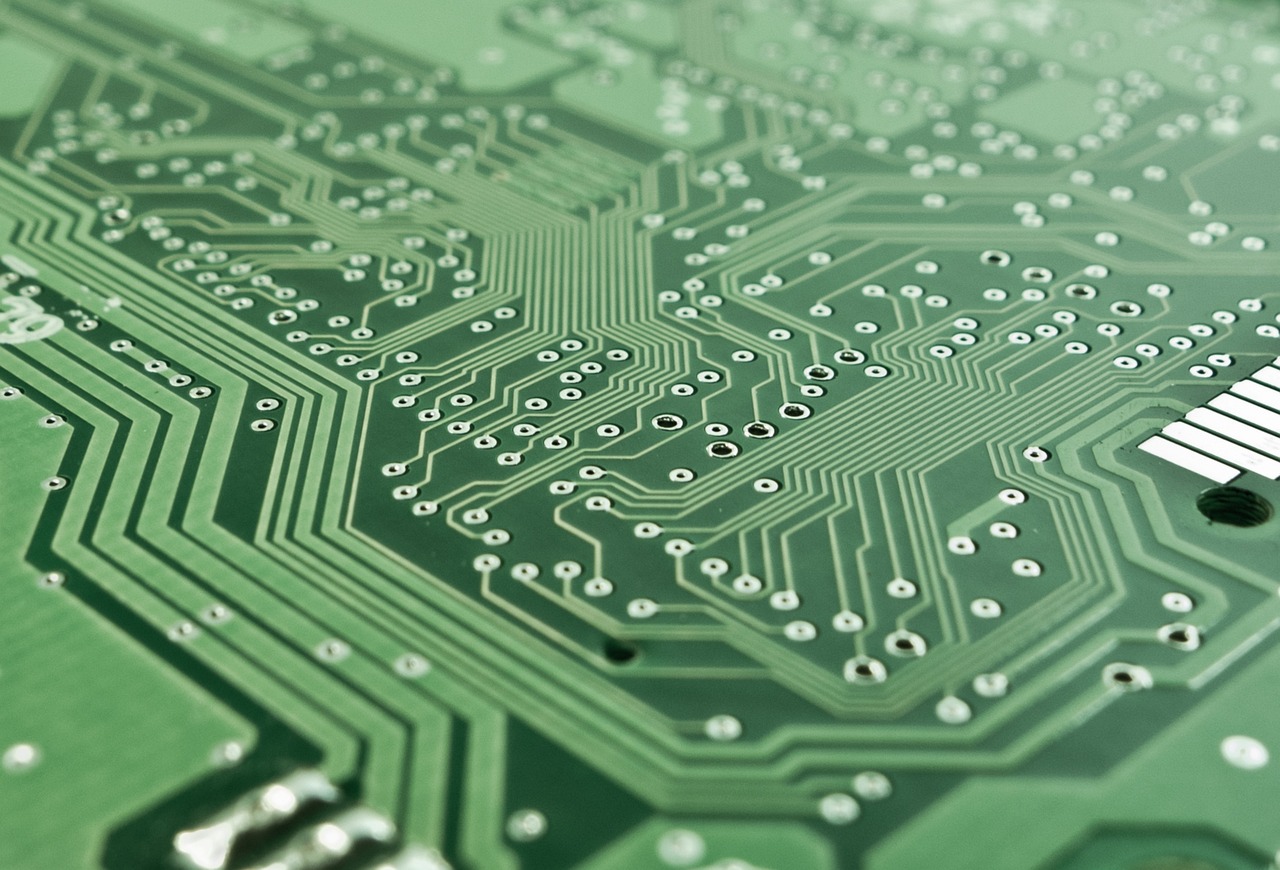Introduction:
Nanotechnology, the manipulation of matter at the atomic and molecular scale, is revolutionizing multiple industries. This cutting-edge technology allows for the design and manipulation of materials at the nanoscale, leading to remarkable advancements in medicine, electronics, energy, and more. In this article, we will explore how nanotechnology is transforming various industries and revolutionizing our lives.
Nanotechnology in Medicine:
In the field of medicine, nanotechnology offers groundbreaking solutions for diagnostics, drug delivery, and disease treatment. Nanoscale materials and devices enable precise and targeted drug delivery to specific cells or tissues, reducing side effects and increasing efficacy. Nanoparticles can be engineered to carry drugs, enhancing their solubility, stability, and bioavailability. Furthermore, nanosensors and nanodevices can detect biomarkers for early disease diagnosis, leading to more effective treatments and improved patient outcomes.
Nanotechnology in Electronics:
Nanotechnology is driving innovation in the electronics industry, making devices smaller, faster, and more energy-efficient. Nanoscale components allow for higher density circuitry, enabling the creation of smaller and more powerful electronic devices. Carbon nanotubes and graphene, for example, possess exceptional electrical properties, paving the way for flexible displays, ultra-fast transistors, and more efficient solar cells. Nanotechnology is also crucial in the development of nanoscale memory devices, enabling larger storage capacities and faster data transfer rates.
Nanotechnology in Energy:
The energy sector is benefiting from nanotechnology advancements as well. Nanomaterials are being used to improve the efficiency of solar cells by capturing and converting a broader spectrum of sunlight. Additionally, nanotechnology is facilitating the development of lightweight and high-capacity batteries, enhancing energy storage capabilities for electric vehicles and renewable energy systems. Furthermore, nanocatalysts are being employed to enhance the efficiency of chemical reactions, leading to more sustainable and cost-effective energy production processes.
Nanotechnology in Environmental Applications:
Nanotechnology plays a vital role in addressing environmental challenges. It enables the development of nanomaterial-based water purification systems that can remove contaminants more effectively than conventional methods. Nanosensors can monitor air and water quality, aiding in early detection and mitigation of pollution. Moreover, nanotechnology offers innovative solutions for sustainable agriculture by improving crop yield through nanofertilizers and nanosensors for precision farming.
Nanotechnology in Manufacturing:
The manufacturing industry is experiencing a transformation through nanotechnology. Nanoscale coatings and materials enhance the durability, strength, and functionality of products. Nanomanufacturing techniques, such as nanolithography and self-assembly, enable precise and efficient fabrication of complex structures. This leads to the production of high-performance materials, miniaturized components, and advanced manufacturing processes, contributing to improved product quality and reduced energy consumption.
Conclusion:
Nanotechnology has immense potential across various industries, revolutionizing medicine, electronics, energy, environmental applications, and manufacturing. Its ability to manipulate matter at the nanoscale enables the development of innovative solutions, leading to improved healthcare, more efficient electronic devices, sustainable energy production, environmental remediation, and advanced manufacturing processes. As nanotechnology continues to advance, it is poised to drive further breakthroughs and shape the future of multiple industries, improving our lives and fostering a more sustainable world.
